Toyota Highlander vs VW Transporter Transporter - Differences and prices compared
Compare performance ( vs 286 HP), boot space and price ( vs 37500 £ ) at a glance. Find out which car is the better choice for you – Toyota Highlander or VW Transporter Transporter?
Who wins the race in the data check?
The VW Transporter Transporter is barely ahead in the objective data comparison.
This result only shows which model scores more points on paper – not which of the two cars feels right for you.

VW Transporter Transporter
Toyota Highlander
The Toyota Highlander is a roomy, no-nonsense family SUV that blends everyday practicality with Toyota’s trademark reliability and a comfortable, quiet cabin. It won’t thrill the sports-car crowd, but its composed ride, user-friendly interior and sensible features make it a savvy choice for buyers who want a car that simply does the job well.
details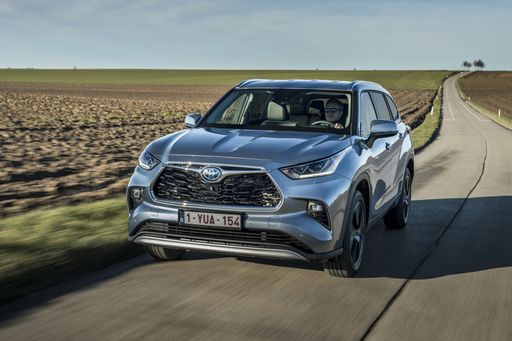
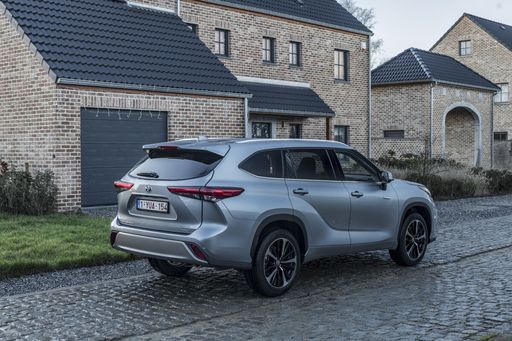
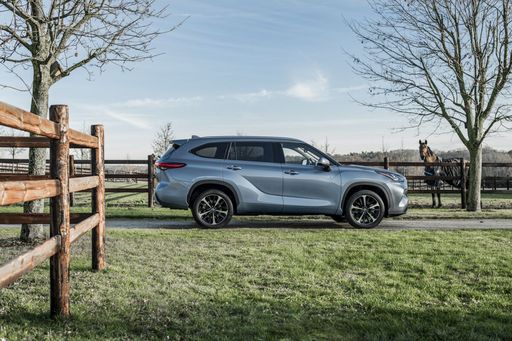
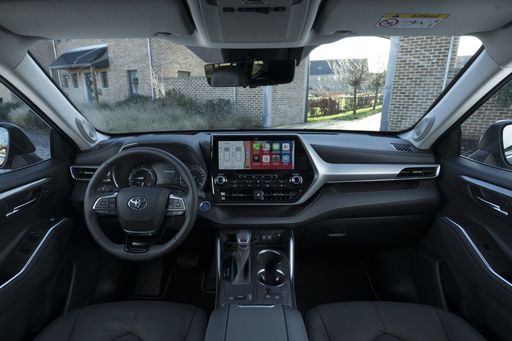
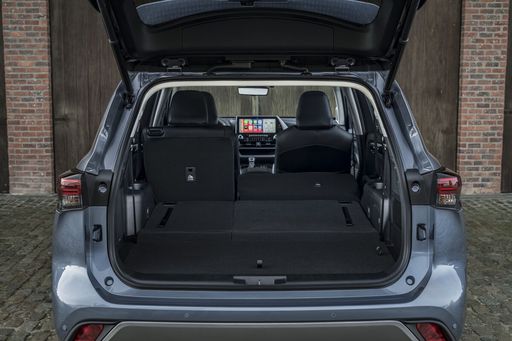
VW Transporter Transporter
The VW Transporter is the workhorse of the modern tradesman, blending practical cleverness with a cabin that's actually pleasant to spend a long day in. It may not steal the style spotlight, but its unshowy durability, clever load solutions and easy-to-live-with character make it a sensible pick for businesses and weekend projects alike.
detailsCosts and Consumption |
|
|---|---|
|
Price
-
|
Price
37500 - 60800 £
|
|
Consumption L/100km
-
|
Consumption L/100km
7.1 - 8.4 L
|
|
Consumption kWh/100km
-
|
Consumption kWh/100km
21.9 - 24.4 kWh
|
|
Electric Range
-
|
Electric Range
56 - 331 km
|
|
Battery Capacity
-
|
Battery Capacity
11.8 - 63.8 kWh
|
|
co2
-
|
co2
0 - 220 g/km
|
|
Fuel tank capacity
-
|
Fuel tank capacity
55 L
|
Dimensions and Body |
|
|---|---|
|
Body Type
-
|
Body Type
Cargo Van
|
|
Seats
-
|
Seats
2 - 5
|
|
Doors
-
|
Doors
4 - 5
|
|
Curb weight
-
|
Curb weight
1872 - 2462 kg
|
|
Trunk capacity
-
|
Trunk capacity
-
|
|
Length
-
|
Length
5050 - 5450 mm
|
|
Width
-
|
Width
2032 mm
|
|
Height
-
|
Height
1966 - 1985 mm
|
|
Max trunk capacity
-
|
Max trunk capacity
-
|
|
Payload
-
|
Payload
755 - 1259 kg
|
Engine and Performance |
|
|---|---|
|
Engine Type
-
|
Engine Type
Diesel, Plugin Hybrid, Electric
|
|
Transmission
-
|
Transmission
Manuel, Automatic
|
|
Transmission Detail
-
|
Transmission Detail
Manual Gearbox, Automatic Gearbox
|
|
Drive Type
-
|
Drive Type
Front-Wheel Drive, All-Wheel Drive, Rear-Wheel Drive
|
|
Power HP
-
|
Power HP
110 - 286 HP
|
|
Acceleration 0-100km/h
-
|
Acceleration 0-100km/h
7.4 - 16.9 s
|
|
Max Speed
-
|
Max Speed
112 - 150 km/h
|
|
Torque
-
|
Torque
310 - 415 Nm
|
|
Number of Cylinders
-
|
Number of Cylinders
4
|
|
Power kW
-
|
Power kW
81 - 210 kW
|
|
Engine capacity
-
|
Engine capacity
1996 - 2488 cm3
|
General |
|
|---|---|
|
Model Year
-
|
Model Year
2025
|
|
CO2 Efficiency Class
-
|
CO2 Efficiency Class
G, A
|
|
Brand
-
|
Brand
VW
|
What drivetrain options does the VW Transporter Transporter have?
The VW Transporter Transporter is offered with Front-Wheel Drive, All-Wheel Drive or Rear-Wheel Drive.
